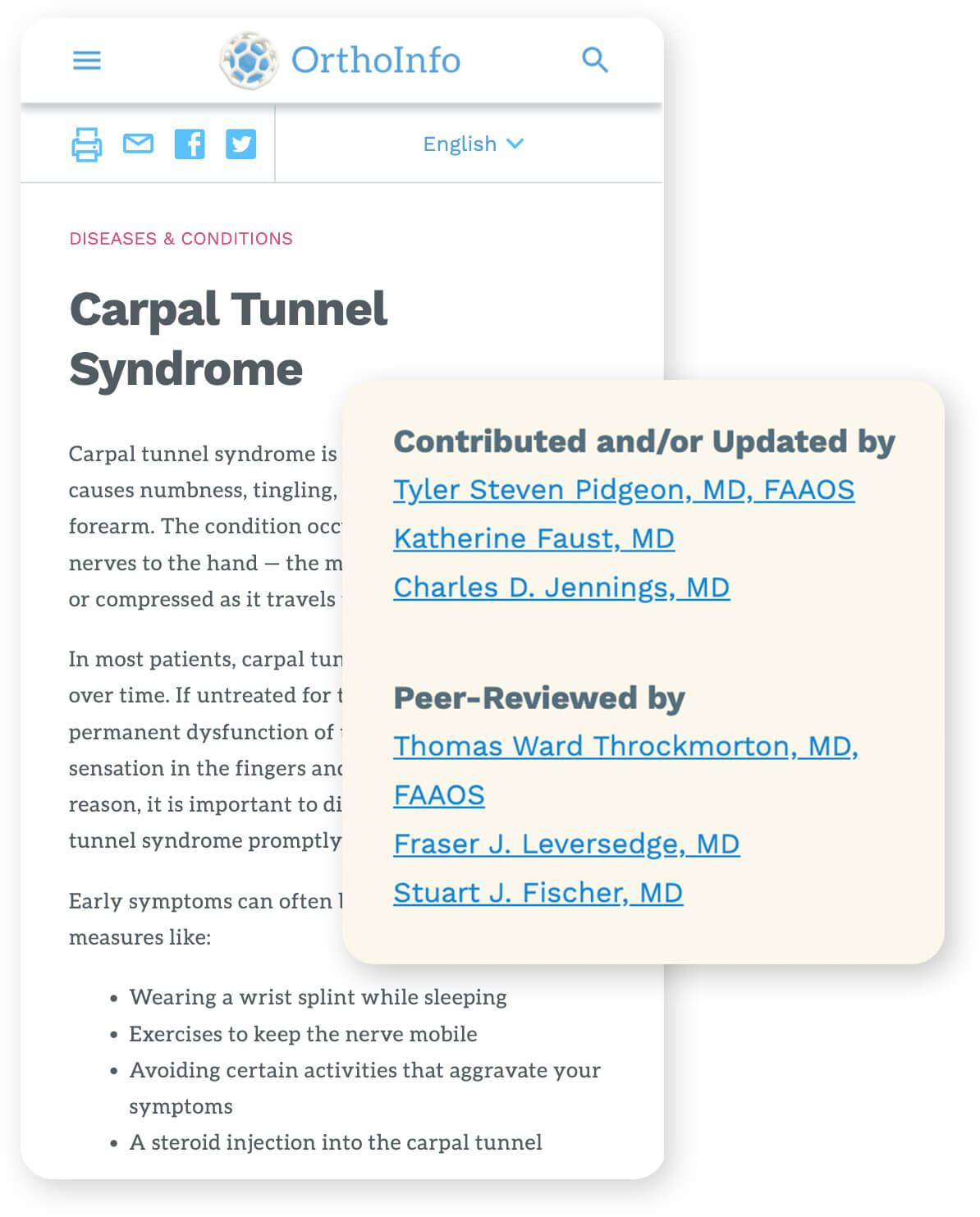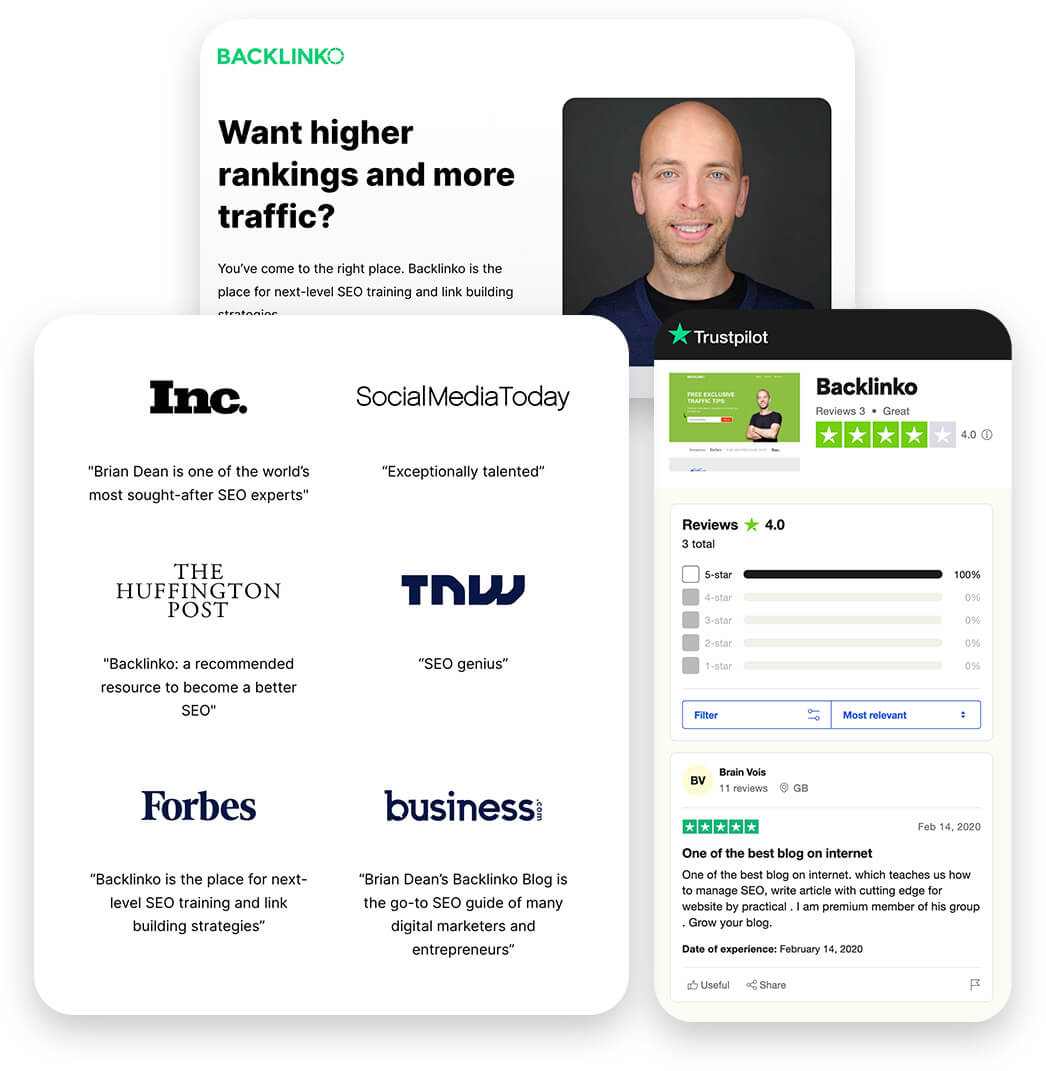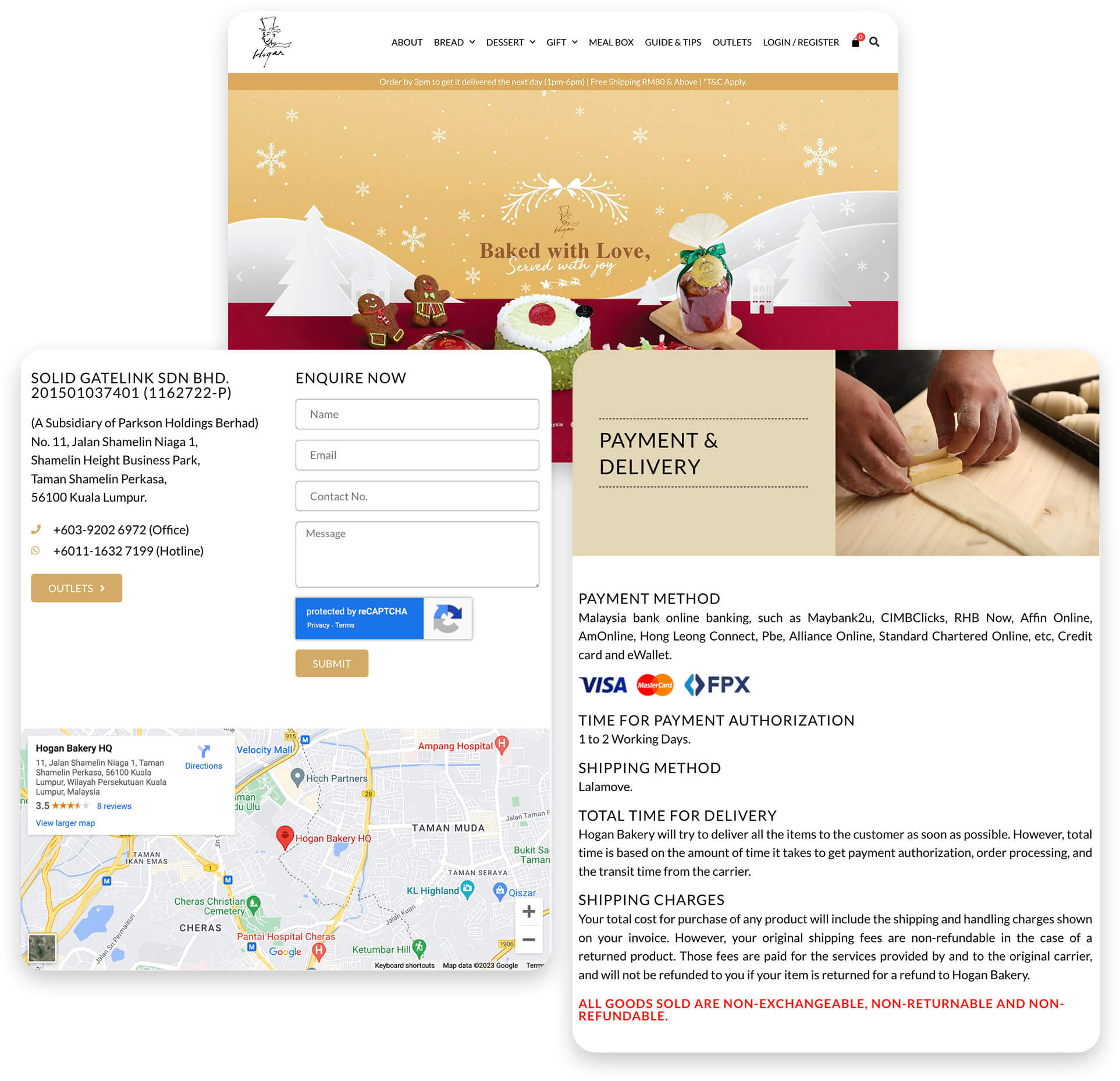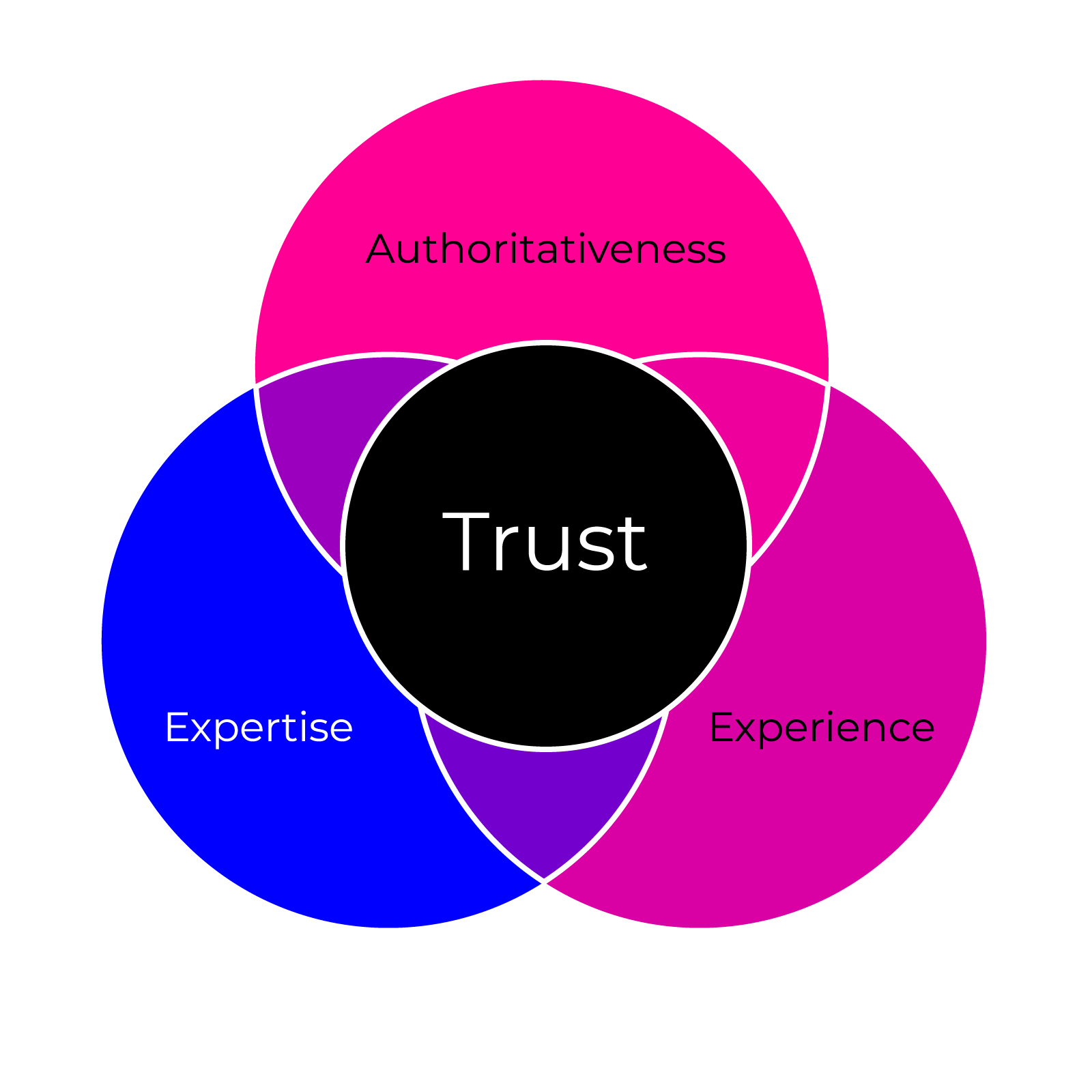You see the word “E-A-T score” gets thrown around a lot lately when we’re talking about ranking pages or quality ranking guidelines, but some site owners are still lost when it comes to understanding what E-A-T (or the latest E-E-A-T) represents and how to adhere to it.
We hear questions like:
- What is Google’s Search Quality Rater Guidelines (SQRG)?
- What is E-A-T?
- What is E-E-A-T?
- Are Experience and Expertise Different?
- What Factors Influence the E-E-A-T Score?
- Why Improving E-E-A-T Score is Important for Site Owners?
- Which of Experience, Expertise, Authoritativeness and Trustworthiness is the Most Important Factor?
- Is E-E-A-T a Ranking Factor?
These are valid to address; we will do just that in this article.
What is Google's Search Quality Rater Guidelines (SQRG)?
Search Quality Rater Guidelines is a document issued by Google to list down how their evaluators screen content on Search.
There are billions of content being crawled daily, so in order to determine the top results in Search Engine Result Pages (SERPs) for the right content, this is where SQRG comes in.
SQRG is used by Google’s human Quality Raters of their own when evaluating what content is considered quality content.
This documentation is updated once a year. In 2014, users noticed the mention of “E-A-T” and again in 2022, where “E-E-A-T” is being used, replacing E-A-T. E-E-A-T is referencing Experience, Expertise, Authoritativeness and Trustworthiness.
What is E-A-T?
E-A-T is the first content metric introduced by Google in March 2014, and in December 2022, Google updated its SQRG by adding Experience to the existing E-A-T, now becoming E-E-A-T or Double E-A-T.
Before we learn about Experience and its role in the existing E-A-T, we have to understand the origin story of E-E-A-T.
Let’s look at the individual breakdowns to understand what exactly E-A-T is and how Google calculate the E-A-T score.
1. Expertise
Expertise refers to the credibility of the authors themselves. It answers the question of, “Do they have the proper qualifications or credentials about the topic they are producing?”
Let’s take medical advice, for example. You are looking up information about carpal tunnel and how to manage it. You would want to get precise information from qualified medical practitioners about carpal tunnel because you know they are qualified in the subject matter.
2. Authoritativeness
Authoritativeness refers to the level of authority the person has in the field or niche vouched by other professionals, websites or industries.
This information can come in the form of reviews from clients/customers on the site or a 3rd-party review websites, referrals from other websites in the same niche or even interview pieces about the author in question.
3. Trustworthiness
Trustworthiness is the most important factor out of the rest of its neighbouring acronyms. This final factor refers to an element Google has been pointing out since the Google Panda Update rolled out – quality.
Quality content in the sense of:
- Citing credible sources;
- Provide correct information;
- Clear identification about the brand, the writer and contact information (for services/product sites); or
- There is no hidden content behind ads.
What is E(xperience)-E-A-T?
E-E-A-T is a newer version of E-A-T updated last December 2022, and ever since then, it has been a vital element when brands are fighting for the algorithm’s attention.
The additional “E” in E-E-A-T stands for Experience. Google now states that highlighting the authors’ experience when discussing any topic will also determine how relevant the content is to users.
Like Expertise, your content must portray your direct experience with the topic you are discussing. If you are talking about a specific product – be it a review, a promotion or a demo, you need to indicate that you have used the product before.
If you are talking about the iPhone 15 Plus but have never used it before, then Google will see that as low-quality content and display it at the bottom of SERPs.
Let’s say you are talking about building a customised PC and showing the process through video or pictures of all its items from inserting the motherboard to the cooling liquids and more. In that case, Google will recognise your Experience in the topic you are discussing and count it as relevant content to be placed higher in the SERPs.
Are Experience and Expertise Different?
When it was announced Experience is being added to E-A-T, many people were confused (which is a valid response with everything Google is updating nowadays), especially in the sense that Experience and Expertise are the same thing, so why should there be two of them?
Here’s the thing: Experience and Expertise are two completely different things. Let’s settle this once and for all.
Experience
For Experience, you – as the author, do not necessarily have the Expertise on the topic, but you have first-hand Experience on the issue you are discussing.
Let’s say you are a personal travel blogger and want to write about the itinerary to travel to Cambodia for a week. You don’t have to be a historian or a professional travel agency to write about it.
By showing you have been to Cambodia and talking from your own experience, Google will still validate that as an Experience in the E-E-A-T score evaluation.
Expertise
Meanwhile, Expertise relates directly to the authors’ credentials and skills. It asked questions regarding the author’s credibility in the niche they are writing about.
If you are writing about financial advice, then Google evaluates your Expertise fulfilment in the E-E-A-T score by searching for credibilities to the position you are portraying to users, such as a medical license or occupation in the field you are writing about.
What Factors Influence the E-E-A-T Score?
Internal Linking Between Contents:
Effective internal linking is a critical factor influencing a website’s E-E-A-T score. You need to have a clear and hierarchical structure that strategically connected between relevant pages within the site. This will enhance user experience and facilitating search engine crawlers.
Internal links not only guide your users to related content but also contribute to the perceived credibility and expertise of the website by showcasing a well-organised and comprehensive approach to information.
Schema Markup:
Schema markup, a form of structured data, plays a pivotal role in influencing the E-E-A-T score. By providing explicit information about the content of your webpage to search engines, schema markup helps them understand the context and relevance of the information presented.
This additional layer of data helps in presenting content in a more organised and meaningful manner in search results, positively impacting the perceived trustworthiness and authority of the website.
Content Freshness and Creativity:
The timeliness and creativity of content significantly contribute to the E-E-A-T score. You need to regularly update and refresh content to ensures its relevance and signals to search engines that the website is actively maintained.
Creative and engaging content captures the audience’s attention and establishes the website as a source of valuable and authoritative information, thereby positively influencing its overall E-E-A-T score.
You can do so by diversifying the way you share information. Use a mix of text, visual and videos to your content to make the content more engaging.
Brand Reputation Management:
A website’s E-E-A-T score is closely tied to your overall brand reputation. Effective brand reputation management involves:
- Monitoring and responding to online reviews;
- Addressing user feedback; or
- Maintaining a positive online presence.
A strong and positive brand reputation not only builds trust with users but also signals to search engines that your website is a reliable source of information, thus positively impacting your E-E-A-T score.
Page Experience:
User experience is a crucial determinant of a website’s E-E-A-T score. Factors like page loading speed, mobile responsiveness, and overall usability contribute to a site’s perceived trustworthiness and authority.
Optimising the page experience ensures your users can easily access and navigate the content, leading to higher levels of user satisfaction and, consequently, a positive impact on the E-E-A-T score.
Create Content Clusters:
Organising content into thematic clusters strengthens the overall E-E-A-T score. Creating comprehensive content clusters around specific topics demonstrates a depth of knowledge and expertise in a particular domain.
This approach enhances the overall user experience by providing in-depth information and signals to search engines that the website is an authoritative source within its niche, positively influencing its E-E-A-T score.
Collaborations with Experts:
Partnering with industry experts and thought leaders can significantly boost your website’s E-E-A-T score. You can do so by featuring expert contributions, interviews, or collaborations establishes the site as a credible source of information within its field.
Associating with recognised authorities enhances the perceived expertise and trustworthiness of the content, contributing positively to the overall E-E-A-T score.
Why Improving E-E-A-T Score is Important for Site Owners?
The main reason Google released E-E-A-T in their existing SQRG is to help the algorithm maintain its mission to display only quality and relevant content to its users.
Does this mean you must always prioritise E-E-A-T when preparing your content? It depends.
E-E-A-T have a similar concept to SEO Ranking Factors in that it is not a checklist where you think that if you apply everything, you will instantly get a place on the first page of SERPs.
If you overdo it, you will not only waste your time and resources but also be sidetracked by the need to fulfil a checklist rather than focus on your users – your customers. It narrows down to the necessity of your content.
You must ask yourself: Is your site a YMYL or a non-YMYL site?
What is Your Money Your Life (YMYL) Content?
YMYL content is a high-impact and high-risk type of content that users can benefit or suffer significantly from a legal, financial, medical and/or safety standpoint.
Sites with YMYL content:
- Shopee: A leading e-commerce site for sellers and retailers throughout the Southeast Asian market.
- WebMD: A top medical information and health news website.
- TheAsianParent: A website dedicated to parenthood and pregnancy well-being.
Due to the high-stake topics these websites cover, Google pays extra attention to their E-E-A-T score and practices as a collective compared to non-YMYL sites such as personal blogs on various topics and entertainment sites where some E-E-A-T factors may not be necessary to focus on than others.
Which of Experience, Expertise, Authoritativeness and Trustworthiness is the Most Important Factor?
Google has made it clear in the SQRG that Trustworthiness is the endgame in this play. As mentioned, the ultimate goal is to create helpful content and creating Trust will outshine your content from your competitors.
Building a good Experience, Expertise and Authoritativeness contribute to making Trustworthiness to your users. But be aware that there are websites with a good E-E-A but remain untrustworthy by not being transparent with their site or apply black hat practices that jeapordises the credibility of the site altogether.
Is E-E-A-T a Ranking Factor?
A short and sweet answer is no.
E-E-A-T is important for ranking in search but not in a way other Ranking Factors you are familiar with as it does not directly help you rank faster. Experience, Expertise, Authoritativeness and Trustworthiness are the essence to help you create better content. There are other signals Google look to that influence your ranking performance more than E-E-A-T score.
"It’s important to understand that search raters have no control over how pages rank.
Rater data is not used directly in our ranking algorithms. Rather, we use them as a restaurant might get feedback cards from diners. The feedback helps us know if our systems seem to be working."
Final Takeaways
The bottom line of all Google’s requirements and SEO playbook is for site owners to provide helpful content. You have to audit or plan your content according to the needs of your audience and optimise them for E-E-A-T in the areas you see fit.
If you force every bit of metrics out there onto your page, you might miss the whole point altogether and waste your own resources because you are so caught up on doing everything to please the algorithms instead of focusing on what you should do for the benefit of your audience.
This is the same framework the Moprh Digital team implement on all our digital marketing projects. We provide our services according to the needs of our clients because, like optimising for E-E-A-T score, we want to do what is necessary for our clients to grow.





